Special acknowledgements
The Department of Science and Innovation of South Africa, would like to acknowledge the following partners who provided travel grants for some of the WSF 2022 delegates, opened their doors to host some WSF events and provided financial and non-financial support to make the WSF 2022, a memorable and worthy experience to hopefully be remembered for years to come.
Thank you,
1. Fonds de recherche du Quebec (FRQ)
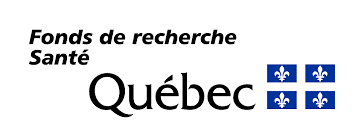
The FRQ aims for the excellence, positioning and influence of Québec research in Canada and internationally, through the development of partnerships, among other things; Chairs the boards of directors of the three Quebec Research Funds; Develops intersectoral research related to three major societal challenges: demographic changes, the aging of the population; sustainable development and climate change, including AI and digital; creativity and entrepreneurship.
2. World Federation of Science Journalists (WFSJ)

The World Federation of Science Journalists is a not-for-profit, non-governmental organization, representing 67 science journalists’ associations and 10,000 individual science and technology journalists from around the world. The WFSJ encourages strong, critical coverage of issues in science and technology, the environment, health and medicine, agriculture, and related fields. The WFSJ seeks to: advance science journalism as a bridge between science, scientists, and the public. Promote the role of science journalists as key players in civil society and democracy.
3. National Youth Programme
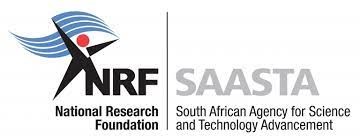
The National Youth Programme was initiated by the Department of Science and Innovation (DSI), and it is being implemented by the South African Agency for Science and Technology Advancement (SAASTA). The NYP and Host Programme targets participants who are within the (STEM) stream, host institutions participating are also invited to take part. The National Youth Science Programme aims to address issues related to youth unemployment, particularly within the Science, Technology, Engineering and Mathematics (STEM) stream, within the nine (9) provinces in South Africa.
4. Frontiers Policy Labs
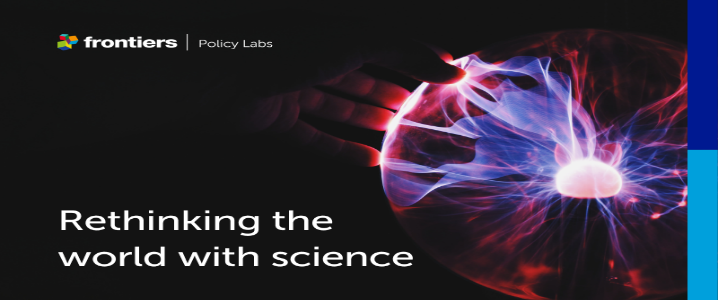
The Frontiers Policy Labs initiative seeks to strengthen the connection between robust scientific research and informed policymaking. The challenges we face today are as stark as they are complex; the COVID-19 pandemic and the climate emergency are just two among many that we must now address. Now is the time to look to science as a tool to enable better, more holistic decision making; an interface through which policy is driven by evidence. To enable that, science must be open, science must be trusted, and science must be accessible.
5. International Science Council (ISC)

The International Science Council is an international non-governmental organization that unites scientific bodies at various levels across the social and natural sciences. The council convenes the scientific expertise and resources needed to lead on catalyzing, incubating and coordinating impactful international action on issues of major scientific and public importance. The Council’s Action Plan forms a practical framework for the ISC’s work until the end of 2024, and to work towards our vision of science as a global public good.
6. Elsevier Foundation

The Elsevier Foundation contributes over $1 million a year to non-profit organizations and it’s funded by Elsevier, a global information analytics company specializing in science and health. The Elsevier Foundation is part of Elsevier’s corporate responsibility program, which centers on our unique contributions to sustainable development in gender, health, climate and reducing inequalities. On a day to day basis, the Elsevier Foundation is run by a small core team cons, and its governed by its board.
7. Southern African Development Community (SADC)

The Southern African Development Community is an inter-governmental organization headquartered in Gaborone, Botswana. Its goal is to further regional socio-economic cooperation and integration as well as political and security cooperation among 16 countries in southern Africa. The main objectives of Southern African Development Community (SADC) are to achieve economic development, peace and security, and growth, alleviate poverty, enhance the standard and quality of life of the peoples of Southern Africa, and support the socially disadvantaged through Regional Integration. These objectives are to be achieved through increased Regional Integration, built on democratic principles, and equitable and sustainable development.
8. United Nations Educational, Scientific and Cultural Organization (UNESCO)

UNESCO is the United Nations Educational, Scientific and Cultural Organization. It contributes to peace and security by promoting international cooperation in education, sciences, culture, communication and information. UNESCO promotes knowledge sharing and the free flow of ideas to accelerate mutual understanding and a more perfect knowledge of each other's lives. UNESCO's programmes contribute to the achievement of the Sustainable Development Goals defined in the 2030 Agenda, adopted by the UN General Assembly in 2015.Unesco’s purpose is to build peace through international cooperation as it is the only way to build bridges between nations. Therefore, as a laboratory of ideas, UNESCO seeks to offer a broad range of expertise in the fields of Education, the Sciences and Culture.
9. International Development Research Centre (IDRC)
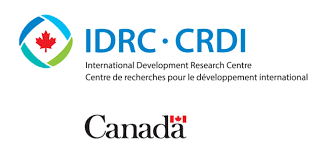
As part of Canada’s foreign affairs and development efforts, the International Development Research Centre (IDRC) champions and funds research and innovation within and alongside developing regions to drive global change. We invest in high-quality research in developing countries, share knowledge with researchers and policymakers for greater uptake and use, and mobilize our global alliances to build a more sustainable and inclusive world.
10. International Network for Government Science Advice (INGSA)
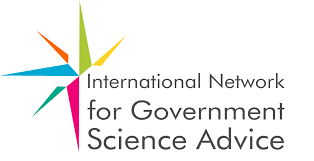
The mission of the International Network for Government Science Advice (INGSA) is to provide a forum for policy makers, practitioners, national academies, and academics to share experience, build capacity and develop theoretical and practical approaches to the use of scientific evidence in informing policy at all levels of government.
11. SciDev.Net
![]()
SciDev.Net is the world’s leading source of news about science for development, and publishes in English, French, Arabic and Spanish. SciDev.Net is the world’s leading source of reliable and authoritative news, views and analysis about science and technology for global development. Our Mission is to use independent journalism to help Individuals and organisations apply science to decision-making in order to drive equitable, sustainable development and poverty reduction. SciDev.Net is part of CAB International (CABI) - a not-for-profit organisation that improves people’s lives worldwide by providing information and applying scientific expertise to solve problems in agriculture and the environment.
12. Global Young Academy (GYA)
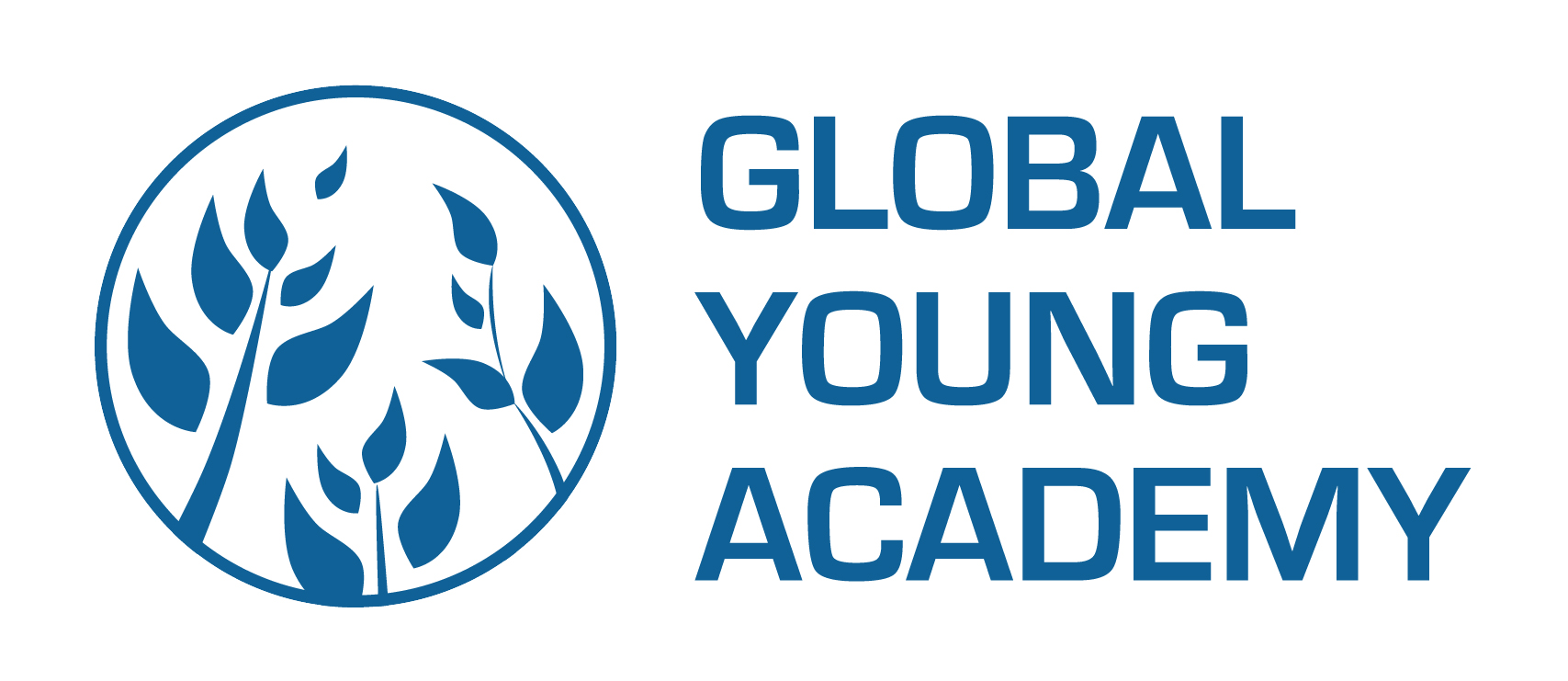
GYA is an international society of young scientists, aiming to give a voice to young scientists across the globe. The vision of the Global Young Academy (GYA) is science for all; science for the future, and its mission to give a voice to young scientists around the world. The GYA develops, connects and mobilises young talent from six continents, and empowers young researchers to lead international, interdisciplinary and intergenerational dialogue. The GYA aims to elevate the voice of young scientists in evidence-informed and inclusive global, regional and national decision making. The vibrancy of this global community is a result of the energy of its members, who are passionate about the role of science in creating a better world.
13. Nelson Mandela Children’s Fund
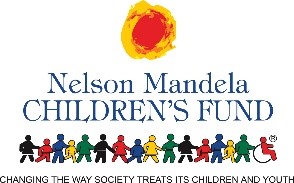
The Nelson Mandela Children’s Fund is a charitable organisation founded by Nelson Mandela, based in South Africa. Its mission is to help individuals from birth to age 22. The Nelson Mandela Children’s Fund strives to change the way society treats its children and youth. This long-term vision captures the central role society plays in shaping children’s lives.
14. University of the Western Cape (UWC)
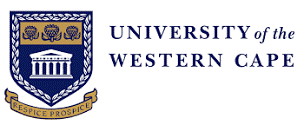
The University of the Western Cape (UWC) was founded in 1960 and occupies a unique space in the South African higher education landscape. It is a dynamic institution committed to excellence in learning, teaching, research and innovation in a globally competitive environment whilst remaining true to the values and ethos that have shaped its identity as a university rooted in serving the public good.
15. Department of Basic Education/ Western Cape Government Education

A South African Government department that focuses on primary and secondary education. The Department of Basic Education was formed when the former National Department of Education was split into two: Department of Basic Education and the Department of Higher Education and Training. The DBE deals with all schools from Grade R to Grade 12, including adult literacy programmes. The aim of the DBE is to develop, maintain and support a South African school education system for the 21st century.
16. The Western Cape Department of Education

The Western Cape Education Department is the department of the Government of the Western Cape responsible for primary and secondary education within the Western Cape province of South Africa.
17. The Organization for Women in Science for the Developing World
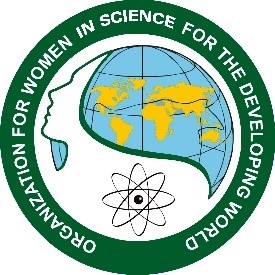
The Organization for Women in Science for the Developing World is an international organisation that provides research training, career development and networking opportunities for women scientists throughout the developing world at different stages in their career.